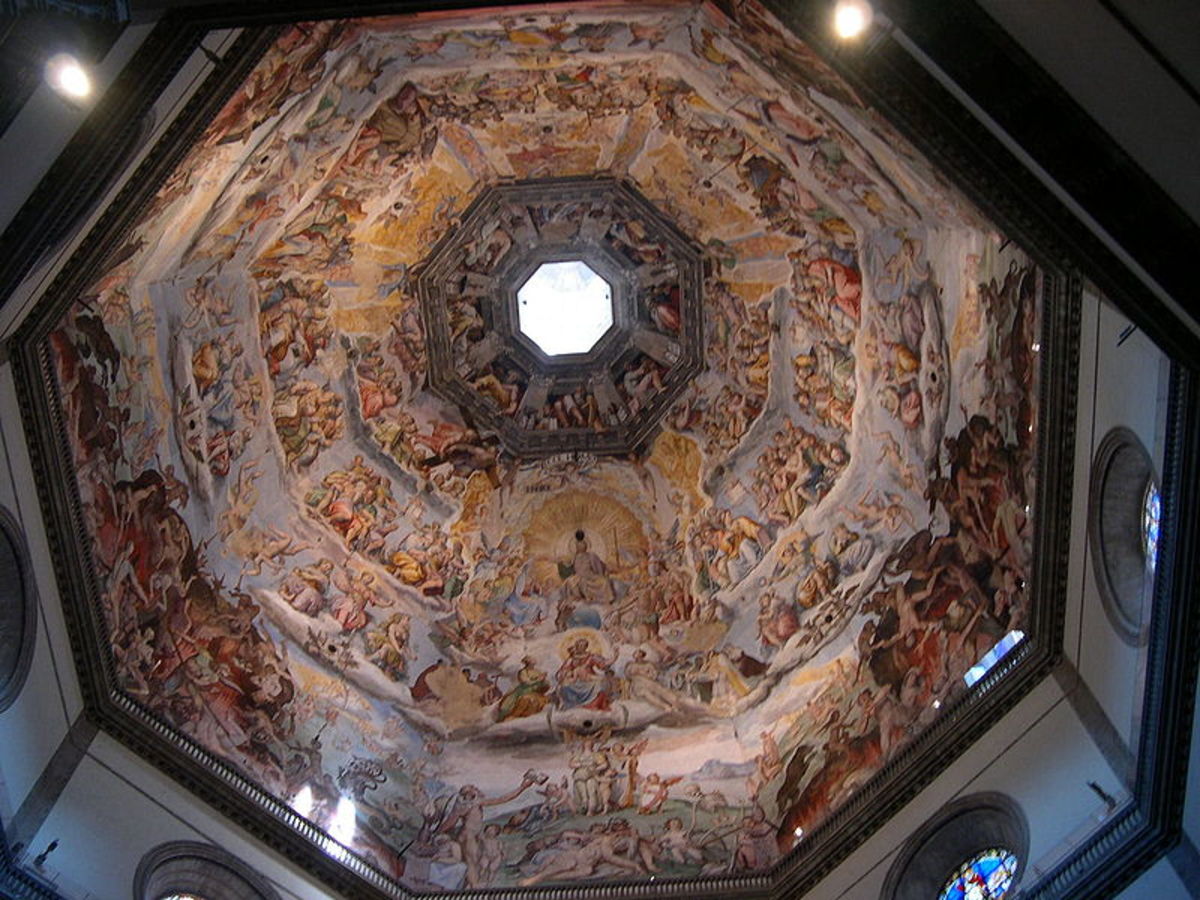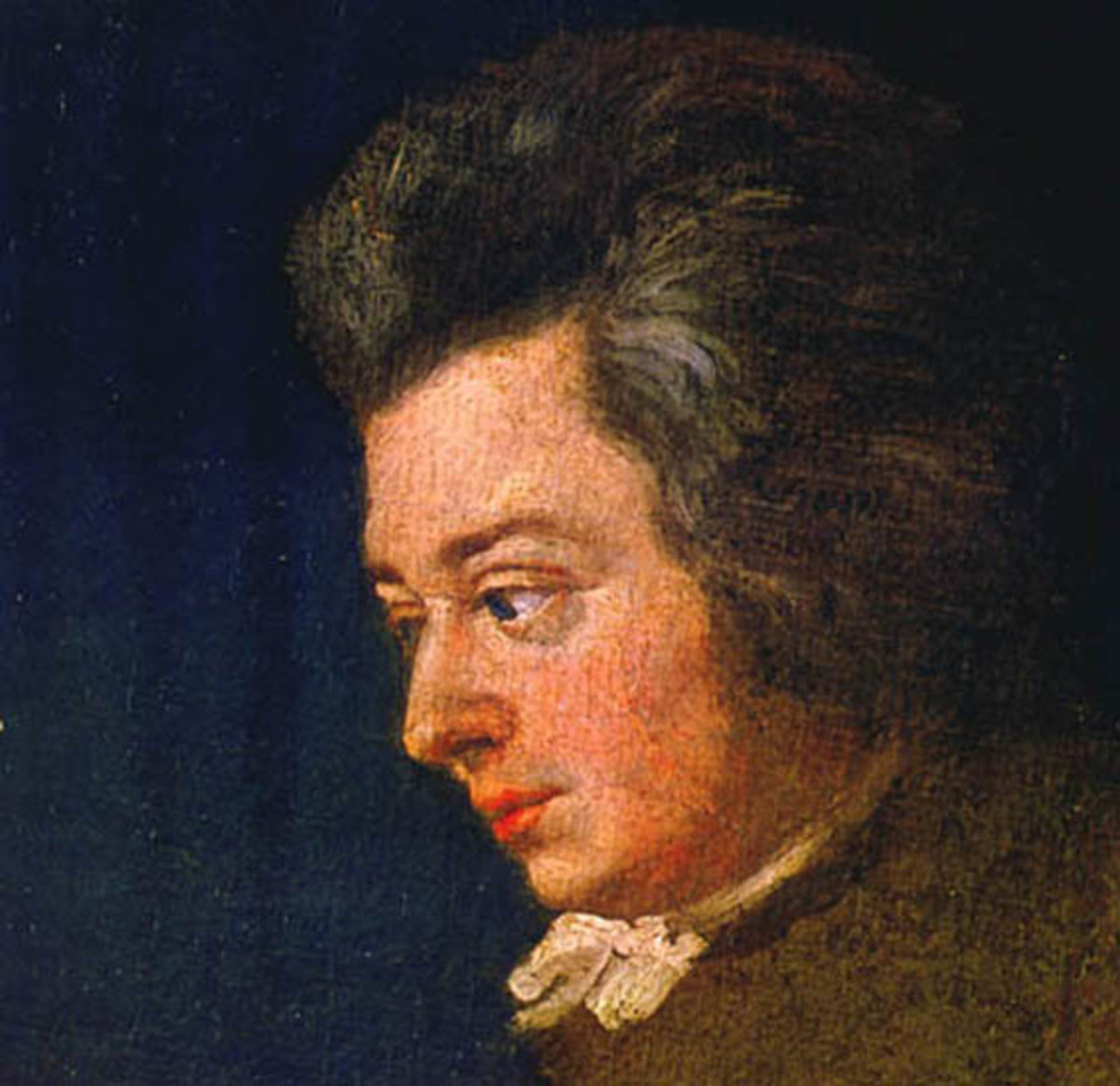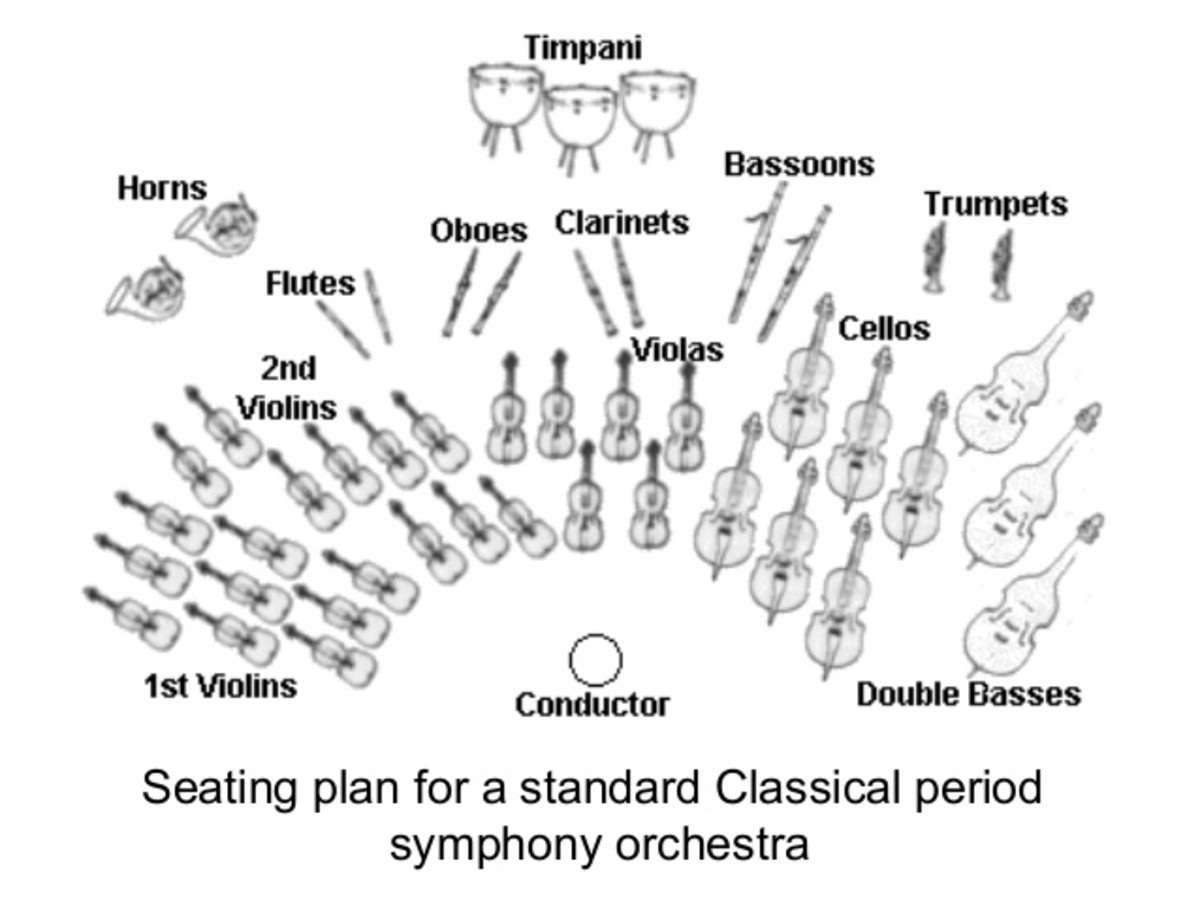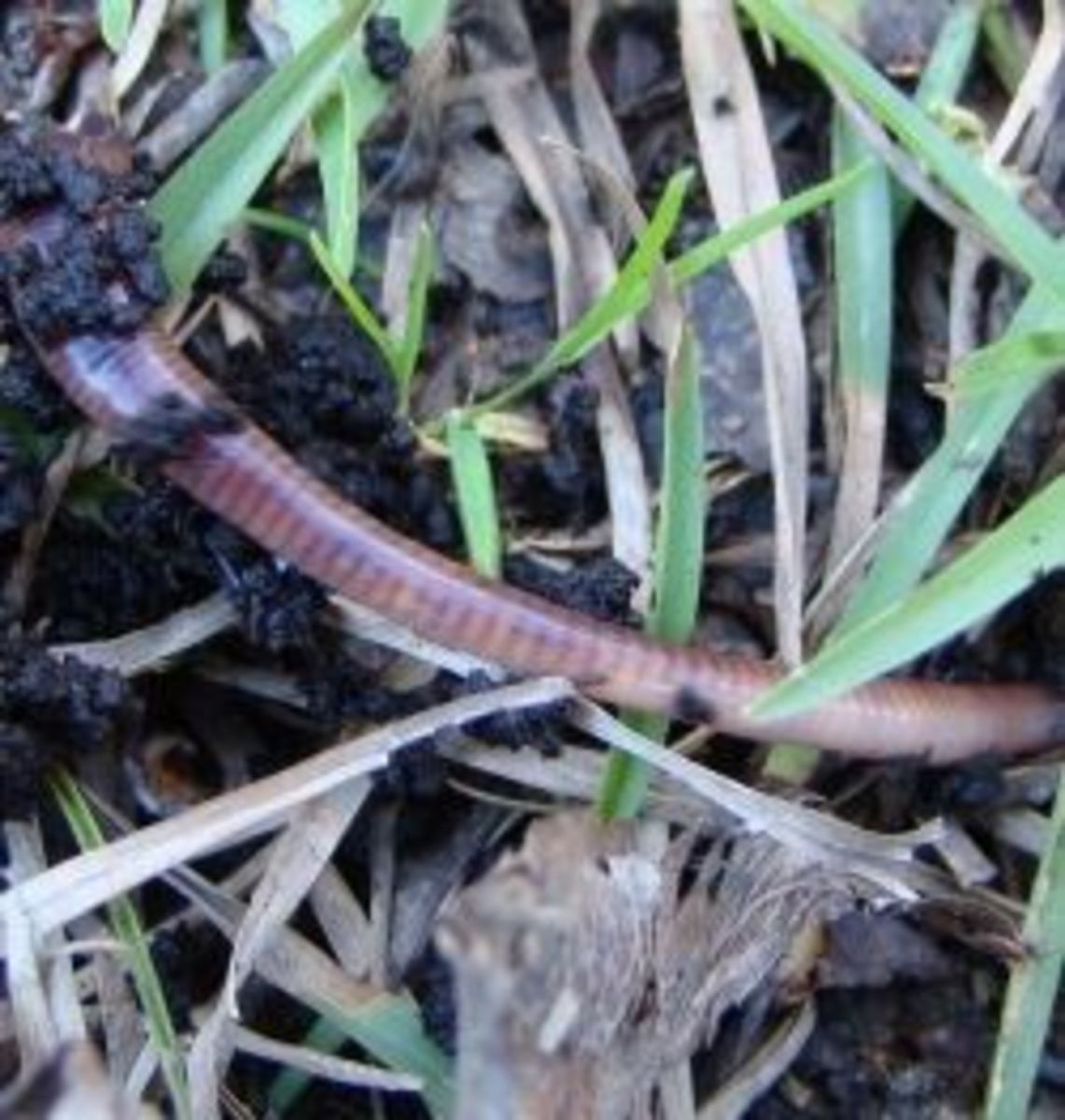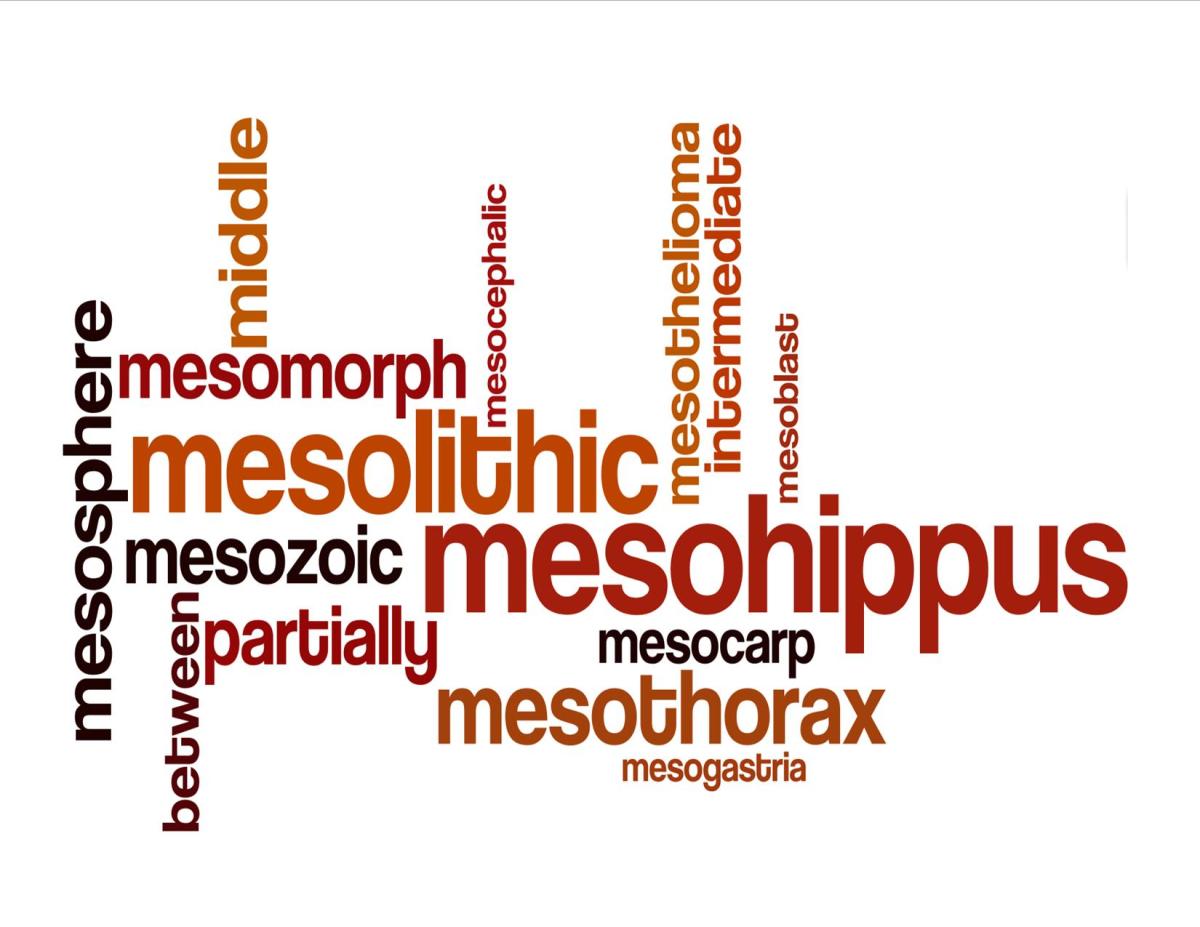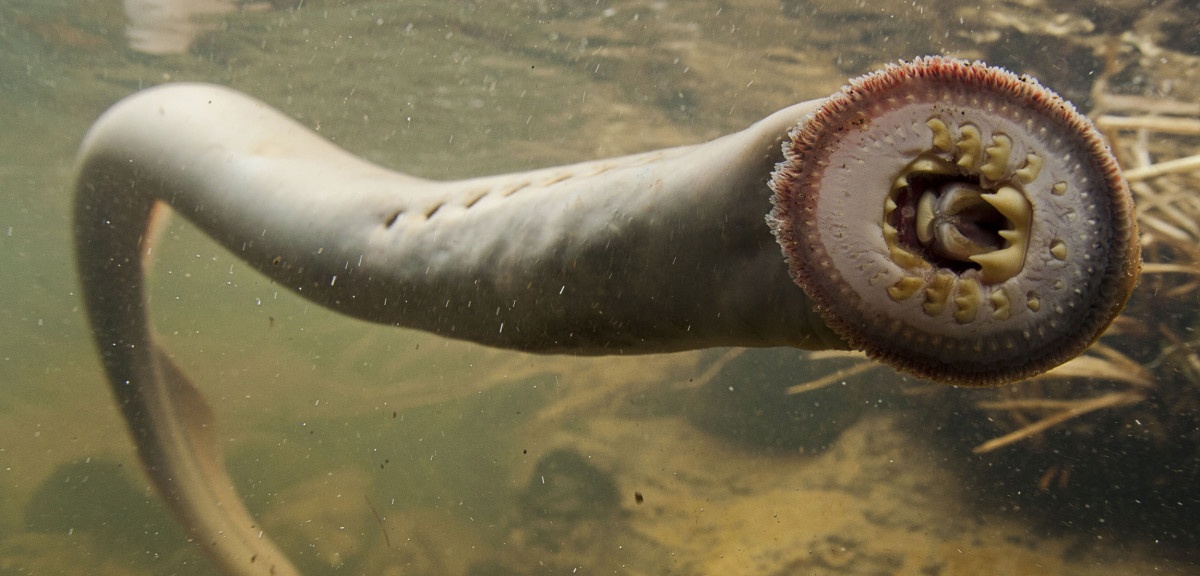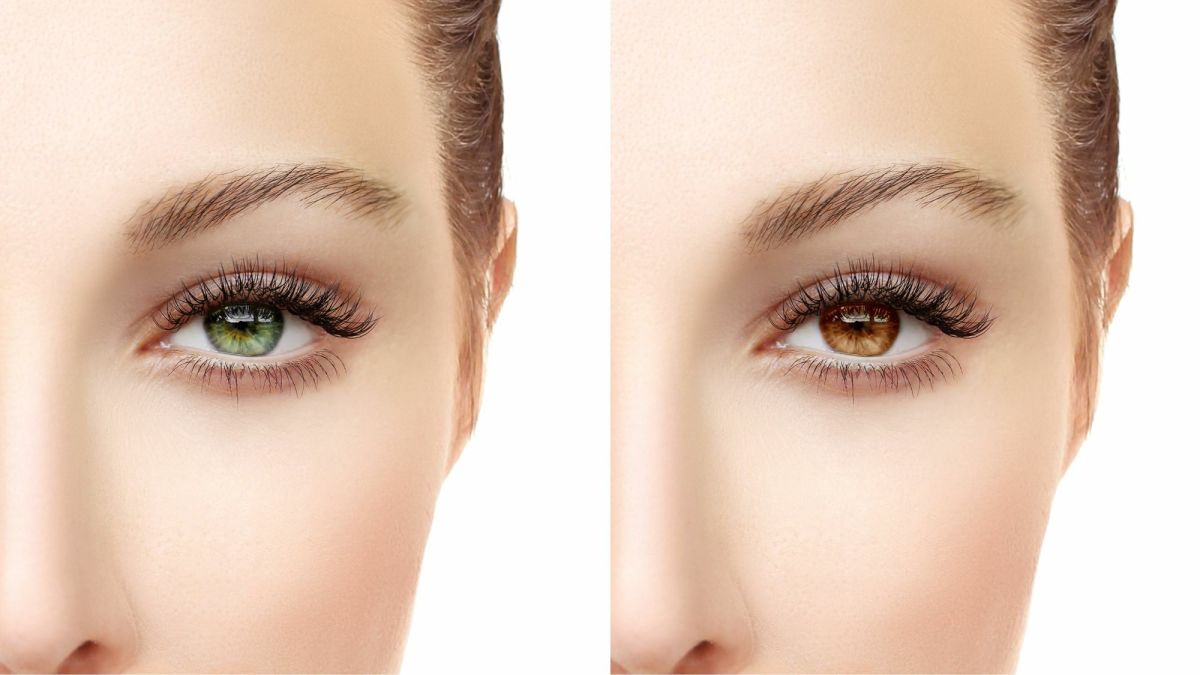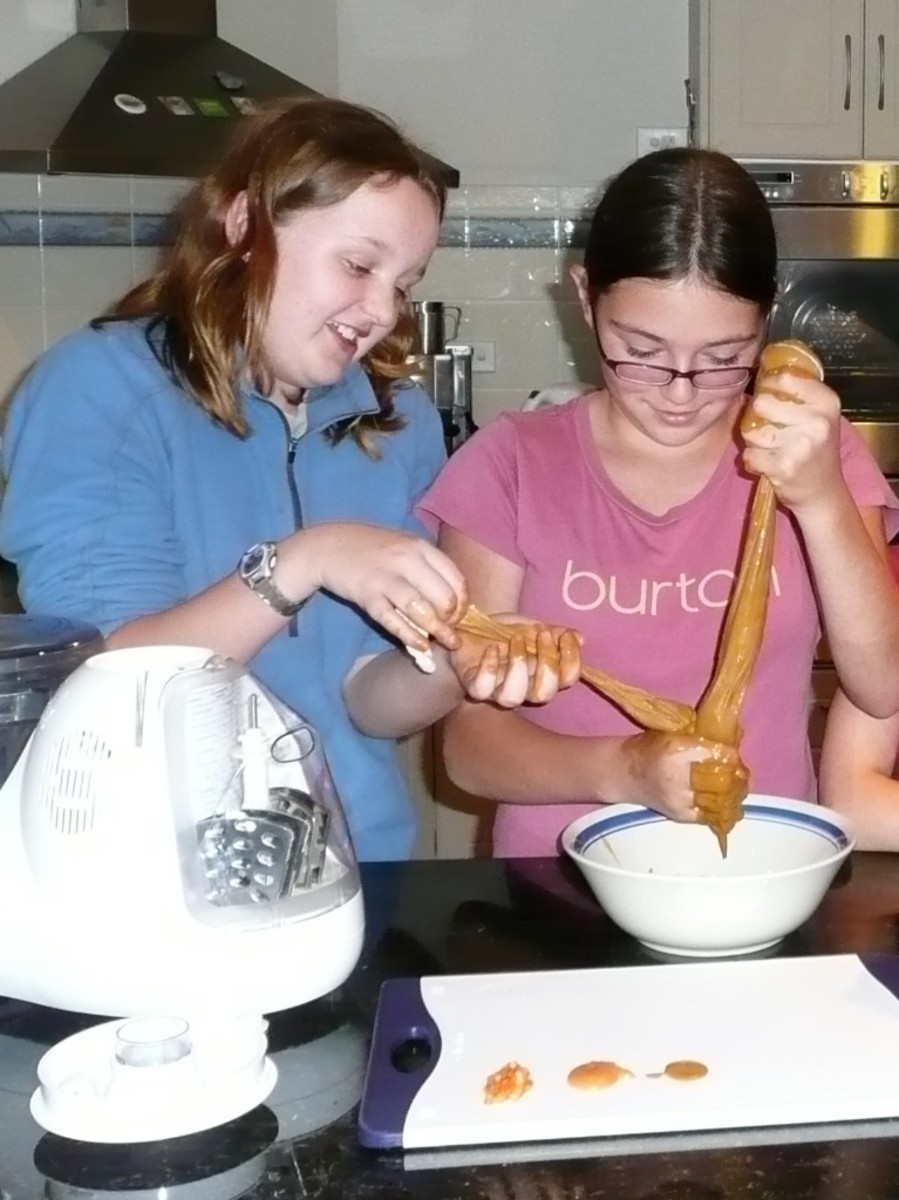History of biology
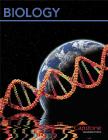
The history of biology can be summarized in four stages namely, Primitive period, Classical period, Renaissance and Modern era.
The primitive period is characterized by uncritical accumulation of information, mainly derived from the practical necessities of obtaining food, materials for clothing and shelter, substances to cure ailments, and necessary information about the human body. During this period, the accumulation of knowledge was not recorded, nor were the scientific method and its associated intellectual activities a part of the procedure in learning about life.4
The classical period began with the Greeks and continued with the Romans. This was marked by great curiosity about natural phenomena and an ability to organize biological knowledge and record it. This began with the contribution of Hippocrates who is called the "Father of Medicine". He stated that diseases have natural causes and the body has the power to repair itself. The most significant biological contributions were made by Aristotle who is called as the 'Greatest Ancient Scientist' who excelled in making observations. He studied almost all the areas in science. His pupil Theophrastus carried on pioneer studies on the nature of plants; his works are the most complete biological treatises to reach us from the classical period.
After a lapse of several centuries, the Greek physician Galen who practiced medicine in Rome, began to study human anatomy and carried out the first physiological experiment in animals. He was called as the last great biologist of antiquity. After Galen, a biological darkness enveloped all Europe. There is a downward trend in scientific inquiry and no biologist made critical observations.
The renaissance took place during the 14th to 16th centuries. Curiosity about the structure of living things was rekindled by artists such as Leonardo da Vinci and Michelangelo, who made accurate studies in plants, animals and human anatomy. Andreas Vesalius published his book The Structure of the Human Body.' William Harvey described the blood circulation in man which contributed to physiology. By the middle of renaissance, anatomy, physiology, botany and zoology were established.
The introduction of microscope at the beginning of the 17th century marked the start of modernbiology. This was followed by the establishment of the concept of the cell theory by Robert Hooke, botanist Matthias Schleiden and zoologist Theodore Schwann. The spontaneous origin of life from non living matter was experimentally disapproved by Francesco Redi and later experimented by Lazzaro Spallanzani. Carolus Linnaeus 'The Father of Taxonomy' established the system of nomenclature in which all living things are arranged by genera and species.
In the early 19th century, Jean Baptiste Lamarck proposed the theory of evolution. But the most outstanding contribution to evolution came from Charles Darwin who proposed the natural selection as an explanation by which evolutionary changes take place.
Louis Pasteur "Ihe Father of Modern Microbiology' laid the foundation of modem microbiology. Claude Bernard and Johannes Muller established comparative physiology. Karl von Baer founded comparative embryology. Gregor Mendel made studies on genetics and Hugo de Vries formulated the mutation theory.
During the 20th century, many of the ideas of the past centuries were consolidated and refined and new concepts have been added. In endocrinology, our knowledge of hormones was increased by the work of E.H. Starling. Ecology came into existence at the time of Ernst Haeckel who stated that an organism was the product of the interaction of its environment with hereditary factors. Ecology was put on a modem basis by the American Botanists H.E. Cowla and F.E. Clements and zoologist V.E, Shelford.
Today, the generalization that all organisms living in a given area are closely interdependent with each other and with the environment is a unifying biological concept as that of evolution

